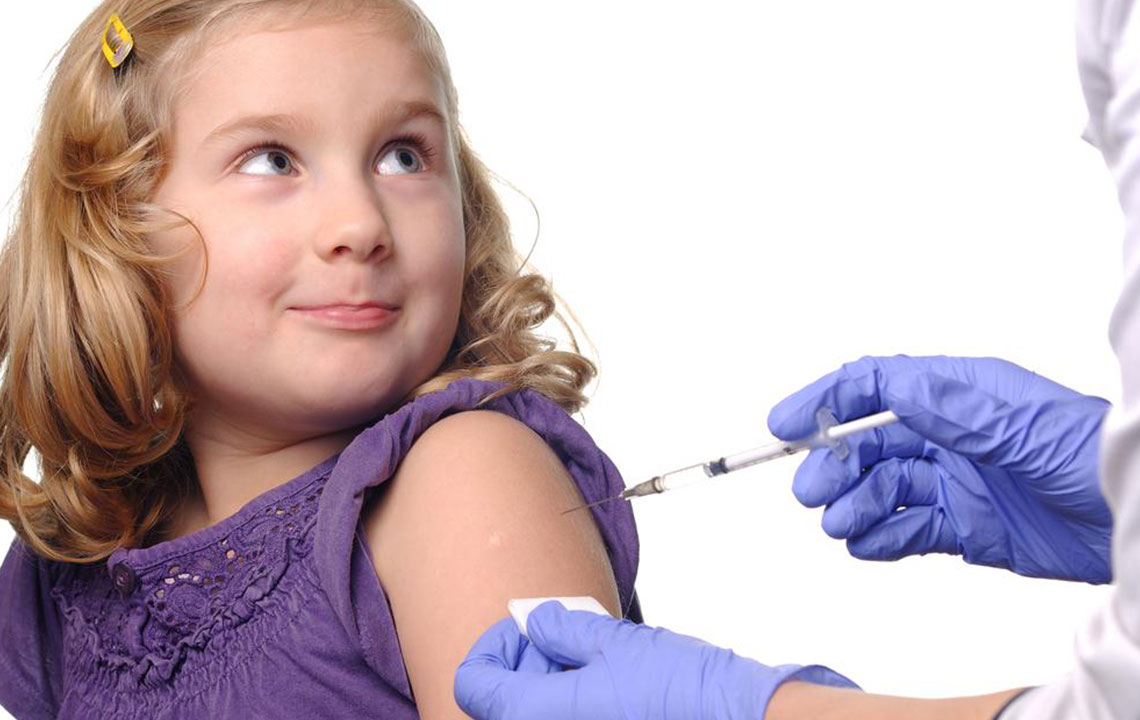A brief overview of the vaccine for children initiative
For those who can’t afford to pay for vaccines, the government provides the same at no cost. The Vaccine for Children (VFC) program is a federal initiative started in 1963. This initiative aims to immunize children who have no health insurance through both the private and public sectors.
Essentially, this initiative is meant for children below the age of 19 who are uninsured, underinsured, Medicaid eligible, and an American Indian or Alaska native.

Nevertheless, there could be certain costs associated with the vaccination which may include administration fee, office visit fees, and fees for extras such as blood or eye tests. Additionally, the administrative fees vary from state to state which can be equally waived off if one is unable to pay.
These vaccines come in either single or combination doses against 14 preventable diseases as per the ACIP. The CDC is the administrator of VFC for purchasing and distribution of the vaccines. Moreover, most of the pediatricians are enrolling to the VFC providers. Every state’s health department has a VFC program which makes it easier for a local resident to receive free immunization. Following is the list of the recommended vaccinations offered under the scheme:
- Diphtheria
- Haemophilus influenza type B (HIB)
- Hepatitis A/B
- Human papillomavirus
- Influenza flu
- Measles
- Meningococcal
- Mumps
- Pertussis
- Pneumococcal
- Polio
- Rotavirus
- Rubella
- Tetanus
- Varicella
All these vaccines are carefully evaluated as per the safety guidelines and compliance norms before it gets rolled out by the VFC. Needless to say, this program aims to eliminate all barriers toward free immunization and create a safer environment for both residents and visitors.